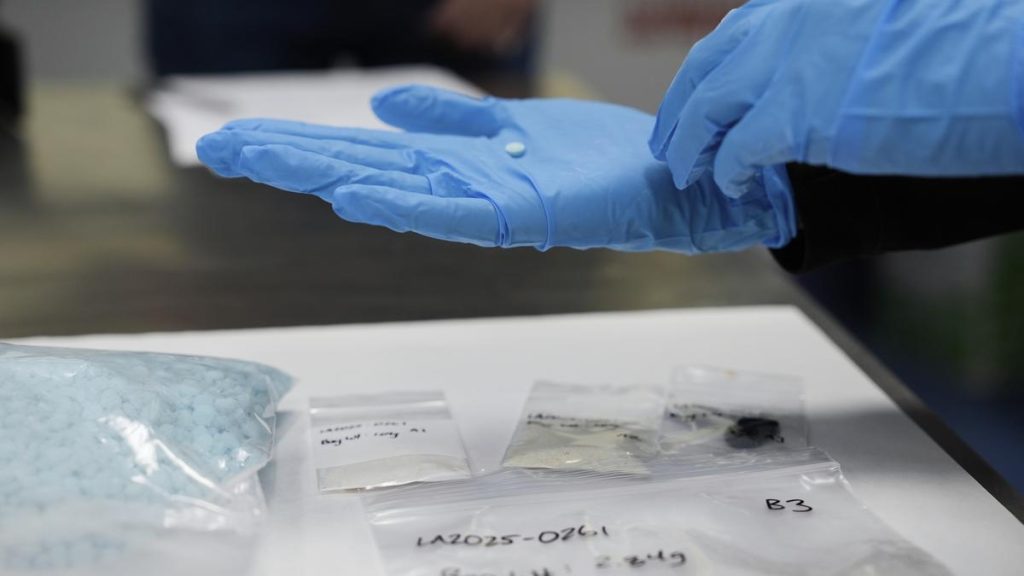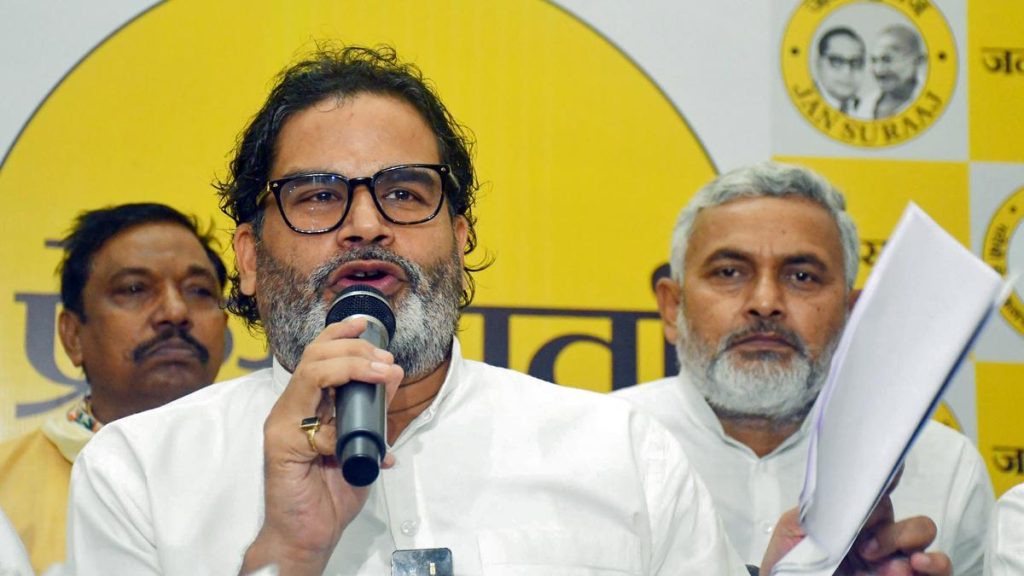Now Reading: JKLF Chief Yasin Malik’s Affidavit Reveals Talks with Ex-PMs, Intelligence Officials, and RSS Leaders
-
01
JKLF Chief Yasin Malik’s Affidavit Reveals Talks with Ex-PMs, Intelligence Officials, and RSS Leaders
JKLF Chief Yasin Malik’s Affidavit Reveals Talks with Ex-PMs, Intelligence Officials, and RSS Leaders
Rapid Summary
- Jammu and Kashmir Liberation Front (JKLF) chief Yasin Malik submitted an 85-page affidavit to the Delhi High Court in response to the National Inquiry Agency (NIA) seeking the death penalty for him in a terror funding case. He is currently serving life imprisonment.
- Malik detailed his engagement with successive Indian governments, including backchannel communications with former Prime Ministers such as P.V. Narasimha Rao, Atal Bihari Vajpayee, V.P. Singh, I.K. Gujral, and Manmohan Singh regarding peace efforts in Kashmir.
- He referred to peace talks initiated by PM Vajpayee in 2000 through two separate backchannel diplomacy tracks involving intelligence officials and business advisers.
- In his affidavit,he claimed involvement with Intelligence Bureau officials under PM Manmohan singh’s leadership who encouraged him to engage Pakistani figures for strengthening ongoing peace processes.
- Malik stated his transition from armed struggle (1988-1994) to nonviolent political activism beginning in 1994 while following Mahatma Gandhi’s ideals of peaceful methods.
- The affidavit alleges changes after the abrogation of Article 370 impacted earlier promises that TADA cases against JKLF members would not be pursued across five Prime Ministerial tenures.
- Mentioning dialogues with RSS leaders and business figures during past peace discussions, Malik denied any connection to allegations regarding Kashmiri Pandit exodus or violence, offering readiness for accountability if proven guilty beyond reasonable doubt.
- Former PDP Chief Minister Mehbooba Mufti urged Union Home Minister Amit Shah for compassionate consideration of Malik’s case due to its impact on trust-building necessary for reconciliation efforts but warned rejection could fuel alienation among Kashmiris.
- J&K Peoples Conference chairman Sajad Gani Lone criticized Ms. Mufti’s plea as insincere given prior political actions during her family’s tenure of identifying Malik.
Indian Opinion Analysis
Yasin Malik’s affidavit offers significant insights into decades-long attempts at addressing the Kashmir issue through dialogue between separatists and successive Indian governments involving high-profile actors such as former Prime Ministers, intelligence officers, and diplomats. These revelations highlight complex historical interactions aimed at brokering peace but also raise critical questions about their outcomes amid ongoing tensions.
Malik’s assertion of engaging peacefully since 1994 aligns with broader narratives suggesting shifts within separatist elements toward diplomacy; however, claims about broken promises post-article 370 abrogation underscore friction arising from larger policy shifts by new Delhi on Jammu & Kashmir’s status. The appeal by Mehbooba Mufti reflects concerns about maintaining trust necessary for resolution but contrasts sharply against Sajad Lone’s skepticism based on alleged inconsistencies within PDP-led initiatives.
The NIA petition seeking a harsher sentence could further polarize opinions both within Jammu & Kashmir and nationally-underscoring unresolved debates surrounding justice versus reconciliation approaches in conflict resolution frameworks.
Read more: Link provided























